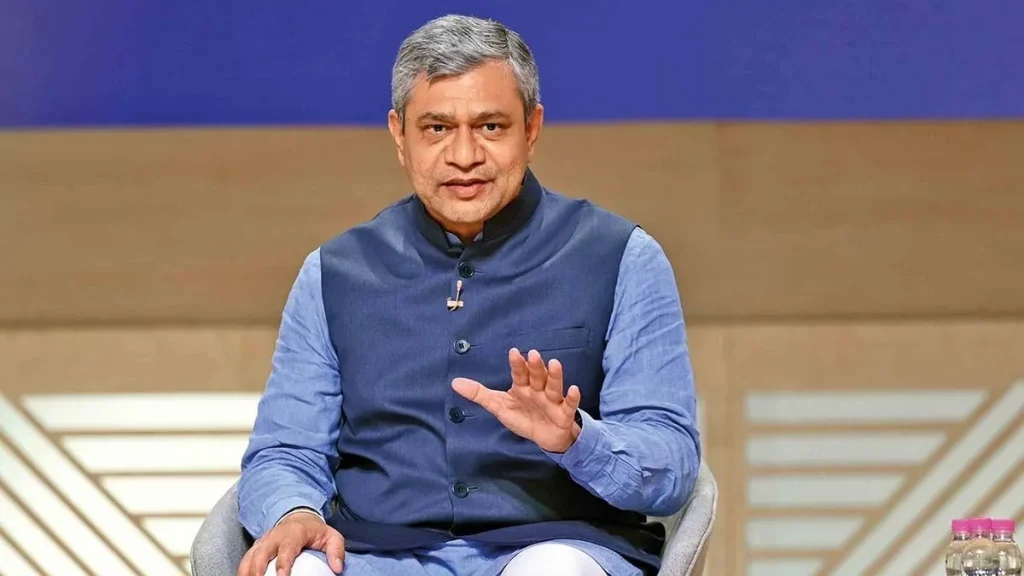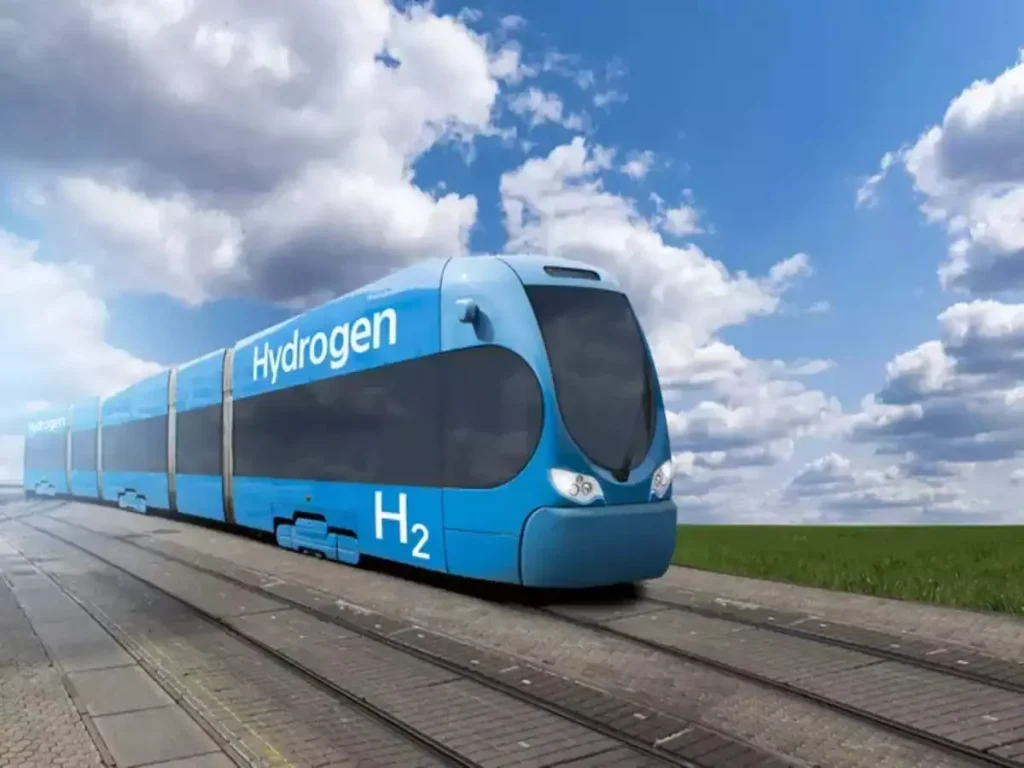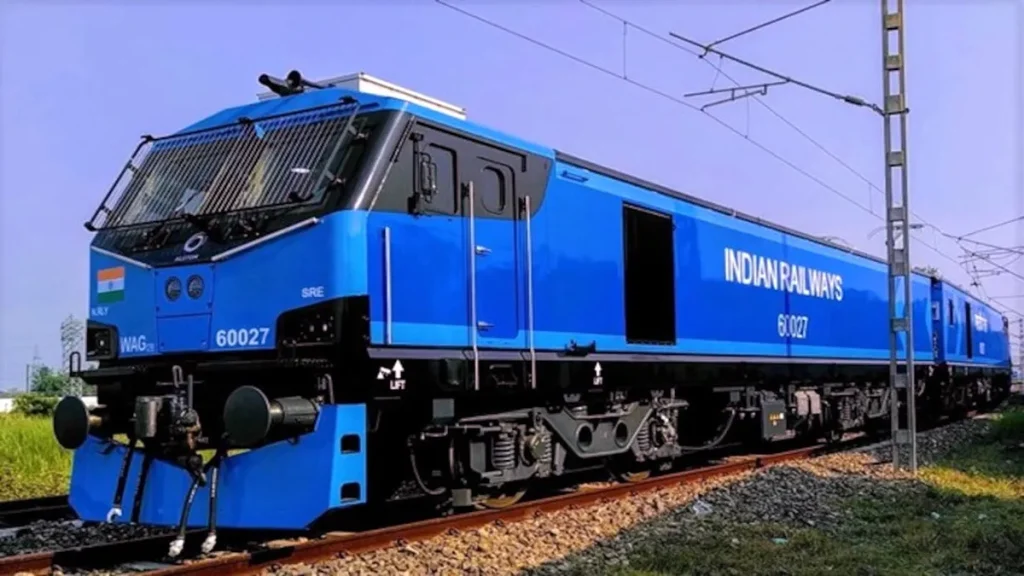Indian Railways has achieved a significant milestone with the development of a 1,200-horsepower hydrogen-powered train engine, which Railway Minister Ashwini Vaishnaw has hailed as the most powerful in the world. Speaking at the Pravasi Bharatiya Divas convention, Vaishnaw explained that while only four countries produce hydrogen-powered train engines, India’s engine stands out due to its impressive 1,200-horsepower output, far surpassing the typical 500 to 600 horsepower seen in other countries.

Revolutionizing Transportation with Green Technology
Vaishnaw emphasized the role of this breakthrough in India’s technological advancements, showcasing the potential to adapt hydrogen technology for other industries, such as trucks and tugboats. He noted that the indigenous development of such advanced technology opens doors for creating new, derivative technologies across various sectors.
Trial Run on the Horizon
The first hydrogen-powered train is expected to undergo a trial run on the Jind-Sonipat route in Haryana by December 2024, marking a key moment in India’s push toward eco-friendly transportation solutions.

How Hydrogen Trains Differ from Traditional Engines
Unlike conventional diesel or electric engines, hydrogen trains use hydrogen fuel cells to generate the electricity required for propulsion. These fuel cells produce electricity by combining hydrogen with oxygen, without emitting harmful pollutants. This makes hydrogen trains one of the cleanest and most sustainable modes of transportation, offering a quieter, cleaner, and more efficient travel experience.

The Future of Sustainable Rail Travel
Indian Railways plans to expand its hydrogen train services, with around 35 hydrogen trains set to operate across various routes by 2025. These trains will provide higher speeds and greater passenger capacity while reducing the carbon footprint of the railway industry, further cementing India’s commitment to sustainable and eco-friendly transport solutions.
